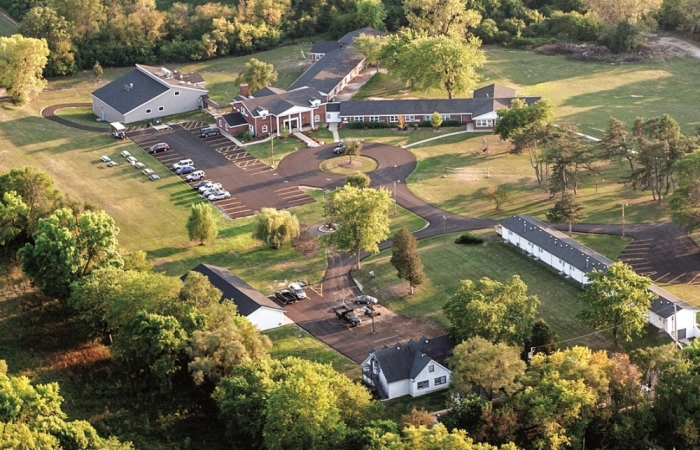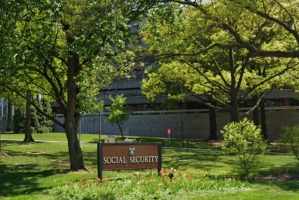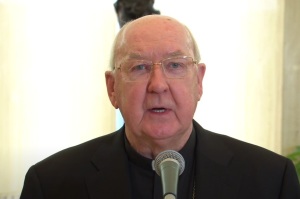Christian Bible Colleges Sue State of Illinois Over Not Allowing Ministry Students to Obtain Degrees

A group of Christian colleges in Illinois have sued the state over what they believe to be their right to grant students full degrees without having to conform their curriculum to state standards.
With the aid of the Chicago-based firm Mauck & Baker, the group that calls itself the Illinois Bible Colleges Association filed a lawsuit last week against the Illinois Board of Higher Education in district court.
Colleges belonging to the group include Providence Baptist College of Elgin, United Faith Christian Institute and Bible College of Maywood, and the DaySpring Bible College and Seminary of Mundelein.
Pastor Jim Scudder Jr., president of Dayspring, told The Christian Post that his college "has a biblical conviction that we should not be encumbered by the government as we attempt to fulfill our mission of training pastors and missionaries."
"Therefore we have chosen to request exemption from the state of Illinois' Board of Higher Education. They have only granted that exemption as long as we don't offer degrees. They said diplomas and certificates were all we were allowed to offer," said Scudder.
"Dayspring and several other schools in Illinois have formed an association … to sue the state — asking for the right to offer full degrees without state regulations (except health and safety), as we believe is afforded by the First Amendment of the U.S. Constitution."
Scudder added that the lawsuit was being funded partially by the Scottsdale, Arizona–based firm the Alliance Defending Freedom.
According to the IBHE's website, colleges can "grant degrees on the condition that the institution maintains the standards and conditions that were presented in its application and that served as the basis for granting the authorization."
"Periodically, staff will review materials provided by each institution, including the institution's most recent catalog, annual reports on enrollments and degrees granted, reports on faculty salaries, student financial aid and default rates," continued the IBHE.
"If the responses do not establish that the institution is in compliance with the conditions of approval, the institution may be allowed to provide a plan by which it will achieve compliance or revocation proceedings may be initiated."
Regarding religious entities like the Bible colleges, IBHE states on their site that religious institutions "are required to obtain authorization to operate in Illinois."
"If a religious institution plans to award an associate, bachelors, masters, advanced certificate, or doctoral degree in any field, it must obtain appropriate authorizations from the board. The rules provide a limited exemption for religious institutions that award only a 'diploma' or a 'certificate' and whose programs are solely devoted to religion and theology."
Jonathan Lackland, spokesman for the IBHE, told CP that they could not comment on the lawsuit.
"The lawsuit against the Illinois Board of Higher Education was filed late Friday and we are in the process of reviewing it. As a result, we are unable to offer any comment or information at this time," said Lackland.
In addition to the lawsuit aimed at the standards on religious colleges, The Associated Press reported last weekend that legislative efforts to change the standards have also occurred.
"Legislation to give the colleges degree-conferring authority won Senate approval without opposition last session but stalled in the House," the AP reported.





























